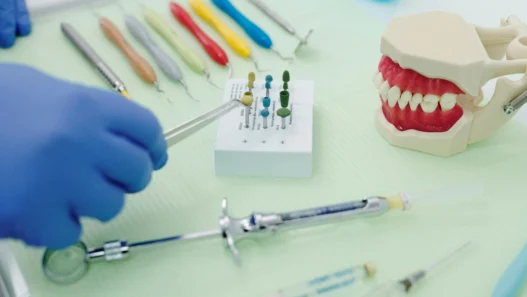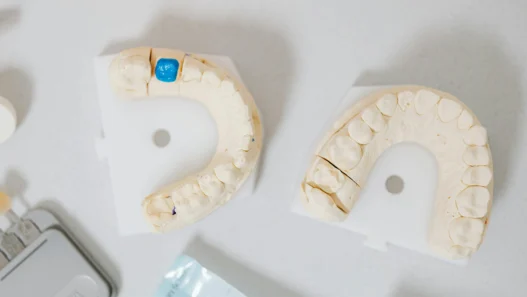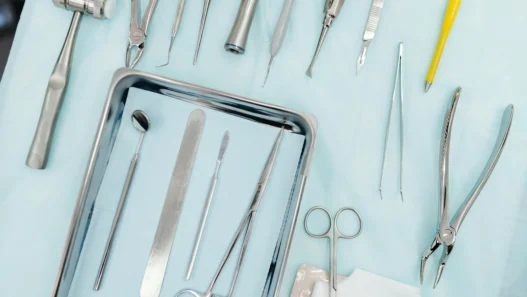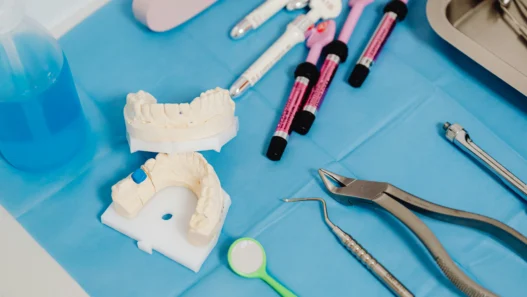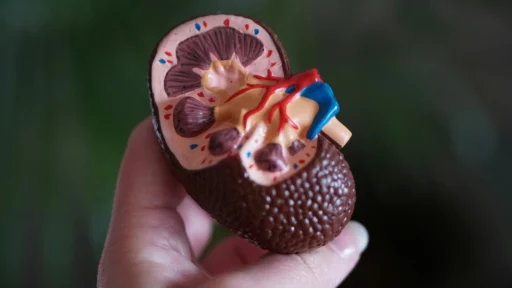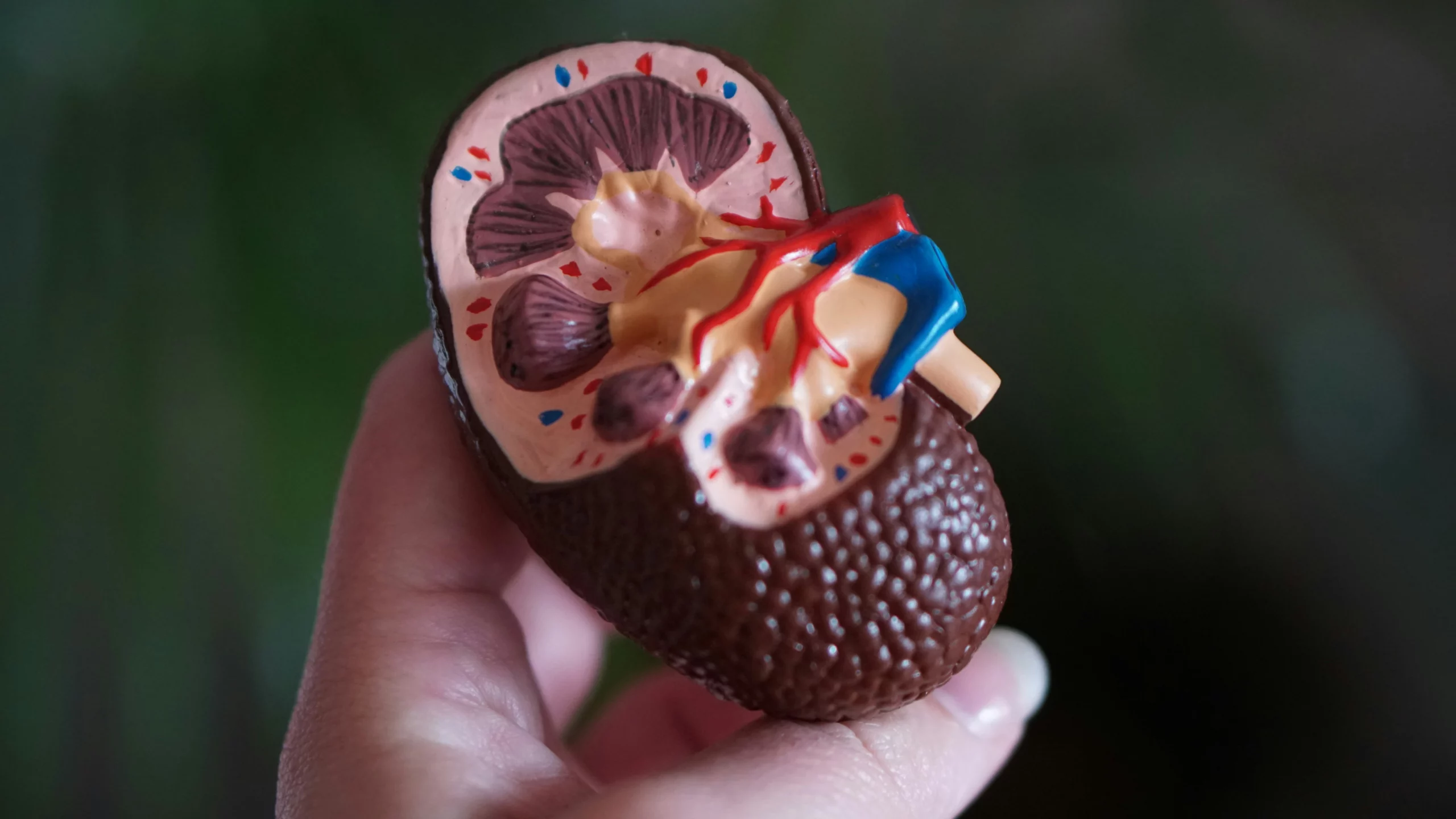Acne is one of the most common skin conditions, affecting millions of people worldwide. While treatments range from topical creams to prescription medications, many people look for natural remedies to help manage their breakouts. One of the most frequently suggested solutions is drinking more water. Advocates claim that staying hydrated can help flush out toxins, regulate oil production, and promote clearer skin. But does drinking water truly help with acne, or is it just a skincare myth? To understand the relationship between hydration and acne, it is important to examine how water affects skin health, the role of hydration in oil production, and whether drinking more water can genuinely lead to a clearer complexion.
Role of Hydration in Skin Health
Water plays a fundamental role in overall health, including maintaining skin function. The skin is the body’s largest organ, consisting of multiple layers that require adequate hydration to remain balanced and healthy. Proper hydration supports skin elasticity, cell regeneration, and the skin’s ability to act as a protective barrier against external irritants. Dehydrated skin, on the other hand, can become dry, flaky, and more susceptible to inflammation, which can worsen acne symptoms. While drinking enough water is essential for overall well-being, its direct impact on acne remains a topic of debate.
Does Dehydration Cause Acne?
Dehydration can indirectly contribute to acne by disrupting the skin’s natural balance. When the body lacks sufficient water, the skin may compensate by producing excess oil to maintain moisture. Increased oil production can clog pores, leading to breakouts. Additionally, dehydration weakens the skin barrier, making it more prone to irritation and inflammation. Inflammation plays a key role in acne development, particularly in cases of cystic acne, where deeper layers of the skin become inflamed. While dehydration does not directly cause acne, it can create conditions that make breakouts more frequent or severe.
Can Drinking More Water Help Reduce Acne?
Although drinking water is essential for overall health, its ability to clear acne is not straightforward. Scientific studies have not conclusively proven that increasing water intake alone can eliminate acne. However, there are several ways in which proper hydration may support clearer skin. Hydrated skin tends to have better elasticity and cell turnover, which can help in the healing process of existing acne lesions. Water also aids in circulation, ensuring that nutrients and oxygen are efficiently delivered to skin cells. This can contribute to a more even skin tone and reduce dullness often associated with dehydrated skin.
Another potential benefit of drinking water is its role in toxin elimination. The kidneys and liver are responsible for filtering waste from the body, and staying hydrated supports their function. While some people believe that water “flushes out toxins” from the skin, the body’s detoxification process primarily occurs through the liver and kidneys rather than sweat or pores. Nonetheless, proper hydration helps maintain a healthy digestive and circulatory system, which can indirectly contribute to better skin health.
Connection Between Water and Oil Production
Sebum, or skin oil, plays a major role in acne formation. While some oil is necessary for keeping the skin moisturized, excess sebum can mix with dead skin cells and bacteria, leading to clogged pores. Some experts suggest that drinking more water may help regulate sebum production, reducing the likelihood of oil buildup. However, this effect varies from person to person, and other factors—such as genetics, hormones, and diet—play a more significant role in determining sebum levels.
Does Drinking Water Reduce Inflammation?
Acne is often characterized by inflammation, particularly in cases of red, swollen pimples or cysts. Chronic dehydration can contribute to inflammation throughout the body, exacerbating skin conditions. While drinking water alone will not eliminate acne, maintaining hydration may help reduce overall inflammation, allowing the skin to heal more efficiently. Some studies suggest that increasing water intake can improve circulation and reduce redness, which may contribute to a calmer complexion over time.
How Much Water Should You Drink for Clear Skin?
The amount of water a person needs varies based on age, activity level, and climate. The commonly recommended guideline is to drink eight 8-ounce glasses of water per day, also known as the “8×8 rule.” However, some individuals may require more or less depending on their personal needs. While increasing water intake is generally beneficial for health, excessive water consumption does not necessarily translate to clearer skin. Drinking more than the recommended amount will not “wash away” acne, but maintaining proper hydration can support skin function and overall well-being.
Other Factors That Influence Acne
While hydration is important, acne is influenced by multiple factors beyond water intake. Hormonal fluctuations, stress levels, diet, and skincare habits all contribute to breakouts. Processed foods high in sugar and dairy have been linked to increased acne severity, while a balanced diet rich in antioxidants and vitamins can support skin health. In addition to drinking water, using gentle skincare products, managing stress, and maintaining a consistent routine with non-comedogenic ingredients can significantly impact acne control.
Hydration and Topical Skincare
Drinking water is only one aspect of maintaining hydrated skin. Using hydrating skincare products, such as moisturizers containing hyaluronic acid, can help retain moisture and strengthen the skin barrier. If the skin lacks external hydration, drinking water alone may not be enough to prevent dryness and irritation. Combining internal hydration with external hydration through serums and moisturizers can provide the best results for keeping skin healthy and resilient.
Does Water Quality Matter?
The type of water a person consumes may also have an impact on skin health. Some studies suggest that high levels of chlorine and other chemicals in tap water may contribute to skin irritation, particularly in individuals with sensitive skin. Filtering drinking water or using mineral water with beneficial nutrients may offer additional skin-supporting benefits. However, more research is needed to determine whether water quality significantly influences acne development.
Does Drinking Water Help with Acne Scars?
Hydration plays a role in skin healing, which can be beneficial for those dealing with post-acne marks or scars. Well-hydrated skin has improved elasticity and a better ability to repair itself. While drinking water will not erase acne scars, it can support the skin’s natural healing process when combined with other treatments, such as retinol, vitamin C, and chemical exfoliation.
Final Thoughts on Drinking Water and Acne
Drinking water is essential for overall health and can support skin function, but it is not a standalone cure for acne. Hydration helps maintain skin elasticity, aids in circulation, and may assist in reducing inflammation, but acne is a multifaceted condition influenced by genetics, hormones, and environmental factors. While ensuring proper hydration is beneficial, those struggling with acne should also consider other treatments, including a well-balanced diet, proper skincare, and, if necessary, medical interventions. Water alone will not clear acne, but it remains a vital component of a holistic approach to skin health.

